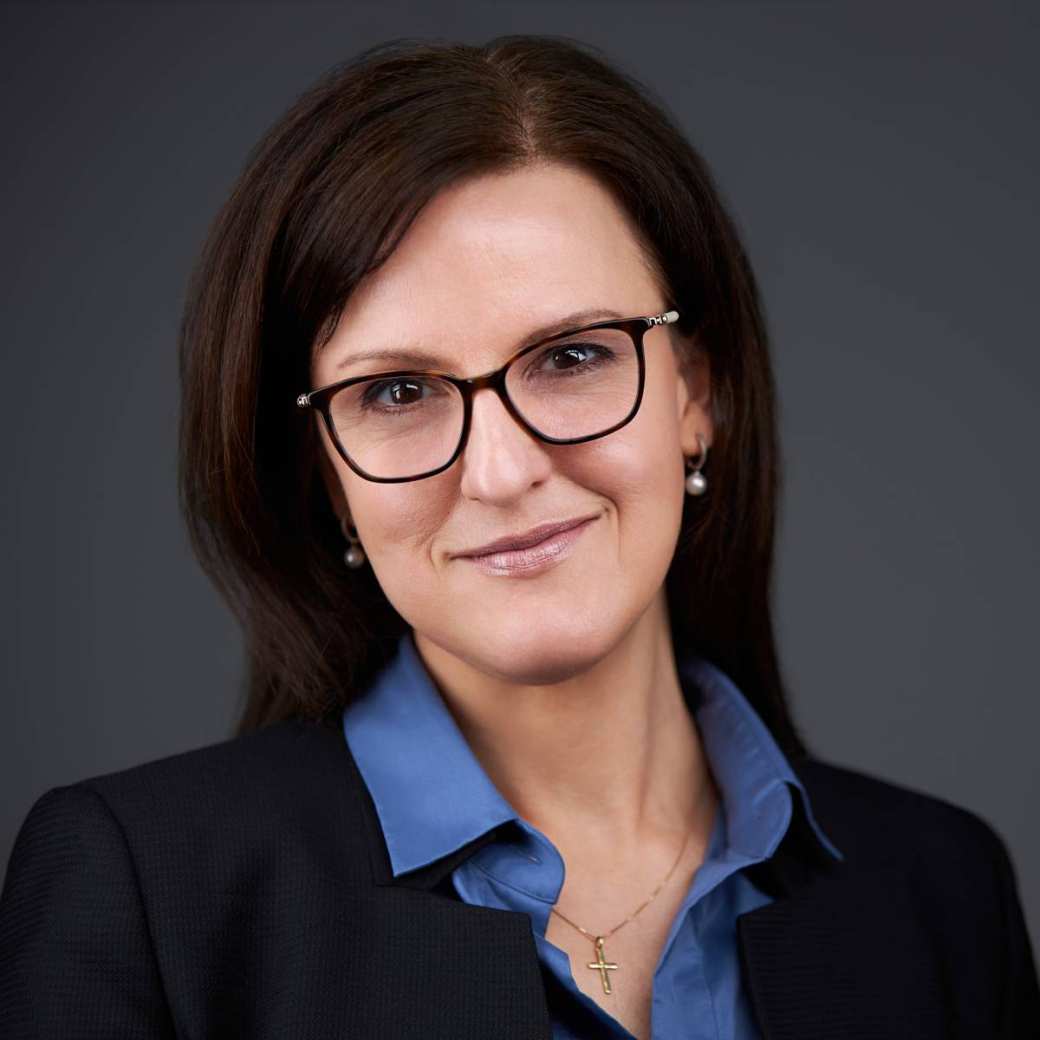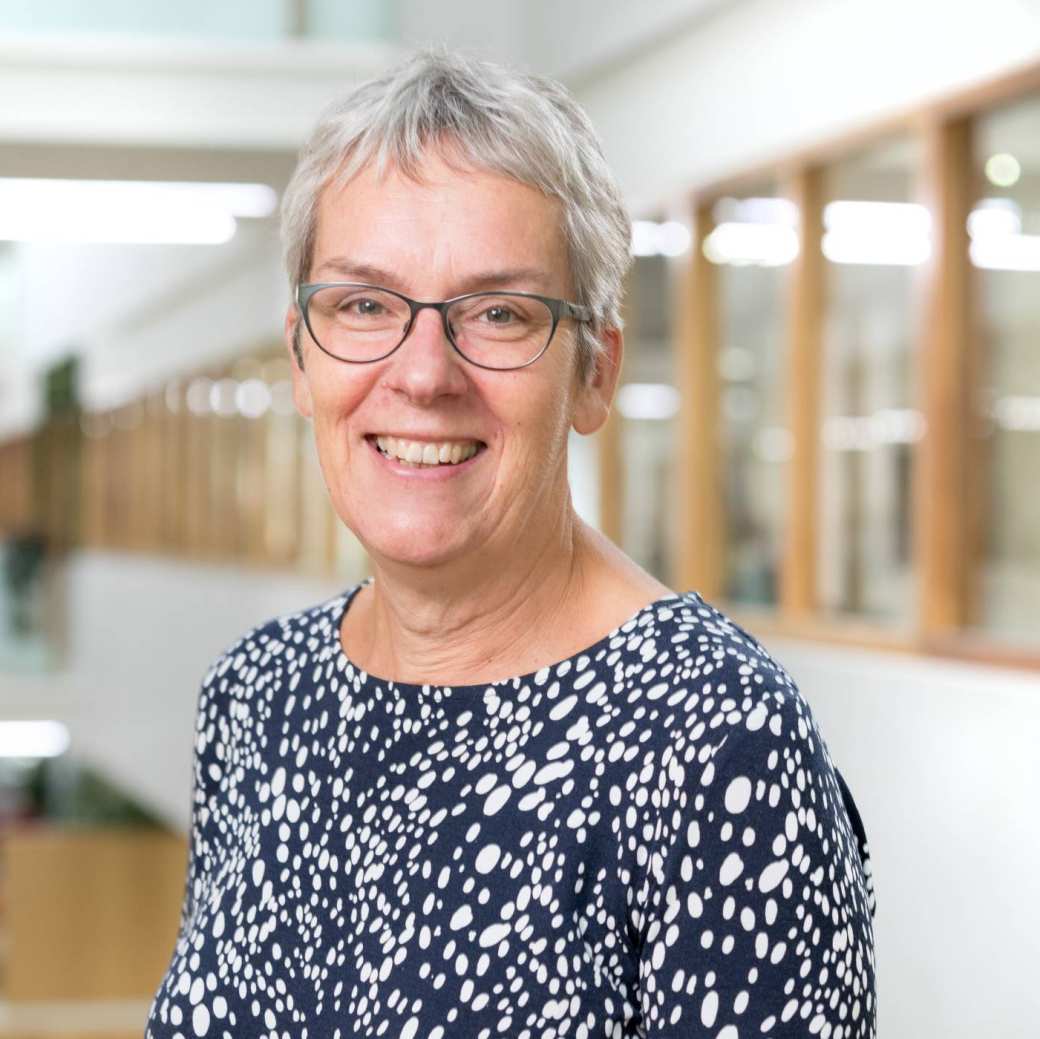Unknown, Makes Unloved so 'Raising Global Citizens at Home'
Can we at HAN educate agile global citizens while reducing our footprint and increasing equity? Can we ensure we are not excluding people because we have certain prejudices? Yes, we can!

"The Comenius project Raising Global Citizens at Home has an answer to this," thinks Dr. Ingrid Van Rompay-Bartels. She is a lecturer-researcher at the International School of Business and has secured a Comenius grant. She explains: "With this 2-year grant, I am promoting cross-cultural virtual collaborations."
Global arena
Dr. Van Rompay-Bartels outlines, "Inclusiveness and cultural diversity are important issues in the global arena. The ability to successfully manage and work with diversity is essential in our society today. We tend to exclude people we don't know through personal prejudice and stereotyping. Therefore, these international themes must be embraced in education."

Collaboration with international partner universities
Thanks to online learning, which has boomed since COVID-19, students do not necessarily have to travel across the world to access international programs. This sounds good, but procrastination, motivation problems, and superficial knowledge lurk. Moreover, it is not always clear to everyone how to behave in virtual environments. Therefore, Dr. Van Rompay-Bartels' goal with this Comenius project is to design educational working methods and manuals for international virtual workgroup interactions in collaboration with international partner universities.
Intercultural learning
To be internationally engaged, it is important to know and understand other cultures. That is more difficult than you think. Ingrid: "That became clear when Levis made the international commercial 'Going out in style' in which a man wearing Levis jeans lies in a coffin. Something that really can't happen in Asia and thus completely missed the mark."
Agile students
To work well together, it is necessary that we get to know each other's norms and values. In many areas, we see that unknown makes unloved. Annelies Dickhout also sees this. She joined this project from Slim -Smart Region because she thinks 'educating world citizens at home' is a good example of an Innovative Learning Environment. "To work together from labs and to devise interdisciplinary and cross-domain answers to wicked problems, you have to be agile and that means literally and figuratively looking beyond your own borders. In doing so, it is important to have an understanding of each other and each other's situation."

To be agile, you have to be able to literally and figuratively look beyond your boundaries. In doing so, it is important to have an understanding of each other and each other's situation."
Different professional context
Even if you speak the same language, you don't always understand each other. Annelies: "For example, because you are in a different professional context. Different courses often use a different language and see things through different spectacles. Even then it is important that you respect each other and know how to deal with each other. Especially in a world that is constantly changing and of which we do not know exactly what it will look like in the near future, human skills are more important than ever."
Cultural sensitivity
Dr. Van Rompay-Bartels is developing tools for students to learn about other cultures in a safe environment. "Through a step-by-step plan, they get closer to each other. That starts with an online conversation about how they communicate with each other explicitly or implicitly in Japan, for example. In this, people from different cultural backgrounds differ greatly from each other. And that has a big impact on business and dynamics in international collaborations. Then we look at the impact of culture on business. Think about channels they use and how they deal with deadlines and appointments." In the latter, cultural sensitivity comes into play. "The Dutch always find the Japanese so quiet. They wonder if they want to participate at all. I make them see that it could just be that they are actually fascinated and eager to listen."
Stepping out of your comfort zone
Annelies: "Up-and-coming professionals need an adaptive and innovative capacity to develop optimally. Learning to communicate and learn from each other's differences contributes to the agility of people, teams, and organizations in a rapidly changing world. To innovate, you have to dare to step out of your comfort zone. This is why I find Ingrid's approach so interesting and would like to see if elements can also work between different professional cultures.”
More information
For more information about the Comenius project, contact Dr. Ingrid van Rompay-Bartels or visit www.raisingglobalcitizensathome.com. If you would like to learn more about Innovative Learning Environments, please visit www.han.nl/innovatieveleeromgeving. At www.han.nl/slim you will find more examples of how HAN is pushing the boundaries with digital technology together with various partners.

